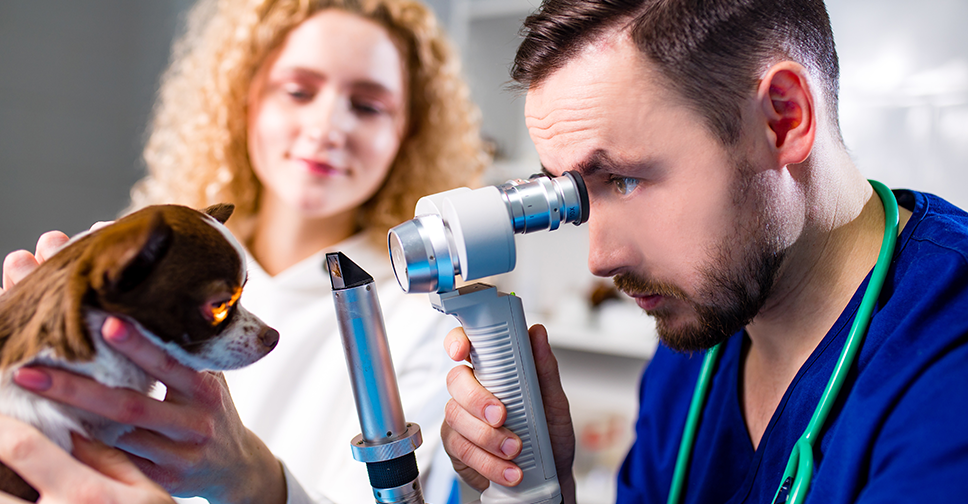Diabetes Mellitus – Management after diagnosis
Diabetes Mellitus – Management after diagnosis It is always a big shock to find out your pet is Diabetic and requires glucose monitoring and insulin injections. When first stabilising patients, we need to monitor the blood glucose regularly to ensure a good “curve” of blood glucose control is achieved. What is the Freestyle Libre? The FreeStyle Libre Monitor is a faster, … Read more










